With the tourist season in full swing, it feels like Inverness in the summer is busier than ever.
Growing numbers of visitors are heading for the city with all types of accommodation in demand.
With all the signs there, and rooms regularly going for premium prices in the height of the season, it seems to make sense that more hotel builds are on the horizon.
But hotel occupancy is down, so is there still a need for more to be built?
How many hotels are we getting?
At one point there were four hotels planned for the city centre.
In total, that would have delivered more than 600 additional beds.
Covid and rising construction costs have meant just one of these has been developed so far.
The 191-room AC Hotel by Marriott in Glebe Street opened in 2022.
The Premier Inn West, at Torvean, has plans to expand from 130 rooms to 170 to meet demand.
And work is due to resume on a 72-bed hotel in Church Street which was first mooted six years ago.
A 210-bed hotel in Rose Street approved in 2019 is still planned, but has no timescale for its development.
And no work has taken place on a 155-bed hotel earmarked for the former Ironworks site and approved in 2022.
In May, Inverness took third spot in the annual UK Hotel Market Index from property giant Colliers.
It put the city behind just Edinburgh and Belfast, but ahead of the likes of York, London, Manchester and Glasgow.
According to Colliers, Inverness’s rise is supported by the increasingly strong appeal of Scottish destinations along with a “limited pipeline under construction and favourable build and land costs”.
Are there too many hotels in Inverness?
Fraser Peterkin, chairman of the Highland Hotels Association, said across the city guest numbers are down on previous years.
He said visitors have an ever-increasing choice of places to stay, from international-brand hotels to B&B and short-term lets.
“It’s not for me to say whether there are enough or too few rooms. But there is a lot of different offerings for the customer.
“With any city its good for our guests to have a wide choice and varied selection of properties to choose from.”
He said rising costs are affecting businesses and the visitor levy will add more pressure on profits.
Mr Peterkin said this could stifle new projects and inward investments.
“Everyone is being a bit cautious. The potential ongoing costs means people are consolidating a bit and waiting for the market to change.
“For me, there are one or two projects on the back burner waiting for the tide to turn and projects will come off the shelf in a few years.
“Personally, I think more operators will come into the city.
“But I don’t think it will be as quick as we thought it would have happened in 2019.
“It’s going to be a slow burner.
“It’s still a great place to do business, but it has got tougher.”
Occupancy down
Tony Story, CEO at the Kingsmills Group which runs the Kingsmills and Ness Walk hotels, says occupancy rates in Inverness for August have fallen by 12-14%.
“This is extremely concerning”, he said. “The majority of hotels are taking less revenue than they took this time last year.”
Mr Story says while hoteliers have largely increased prices by about 7% on last year it is only just keeping up on inflation.
“Occupancy is down but the rate is up, so one tends to compensate for the other.
“But it certainly isn’t translating to the bottom line.
“My bottom line at the Kingsmills is £1 million less than it was in 2019 despite the fact I’ve increased the top line.”
Mr Story said a problem can arise when a hotel inflates the price of a room when occupancy is high.
“It makes a headline and gets picked up, then every hotelier gets accused of ripping people off.
“That’s not really the situation, but it’s what gets traction.”
Fears of effects of visitor levy
He is also concerned about the impact of the incoming visitor levy on pricing.
It will be charged based on a percentage of a room booking, rather than per person.
A figure of between 3-5% of an overnight stay has been suggested, but hoteliers fear it could be up to 12%.
“If the Highlands push through a higher level we will probably be the highest taxed accommodation in Europe as we already have 20% VAT.”
Highland Coast Hotels bought its first Inverness hotel, Lochardil House, this year.
CEO Guy Crawford said the company has been encouraged by its popularity among domestic and overseas guests, with strong occupancy performance over the summer.
It plans to introduce a “highly competitive” B&B rate from £99 per room, per night over the winter.
Colin Marr, chief executive of Inverness Chamber of Commerce, said hotel investment is market-driven.
“If we had too few hotels the market would soon fill the gap.
“The more important question is whether we have the right hotels – is unfulfilled demand looking for budget hotels or quality hotels?
“If we think Inverness is a high-quality destination, then we should consider how we can influence where in the market any new hotels sit.”
‘The more hotel rooms the better’
David Haas, Highland Council’s Inverness city manager, said the hospitality sector has had to absorb a huge amount of costs in recent years.
“It isn’t cheap to stay in any hotel any more because of the base costs the hotels have to absorb.
“But hotels have to be competitive, they wouldn’t fill their rooms if they were not competitive.”
He added: “The more hotel rooms we have the better in terms of widening the offer.
“We are one of the fastest growing cities and the number of tourists coming to Inverness is increasing all the time.
“So we have to keep up the offer and the standard because we are in a very competitive situation.”
Join our Facebook group for the latest news and updates from Inverness
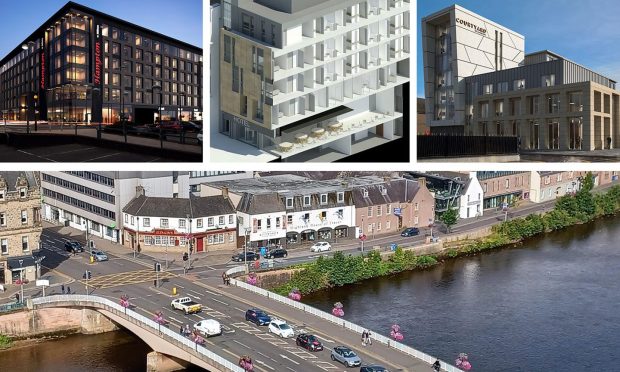
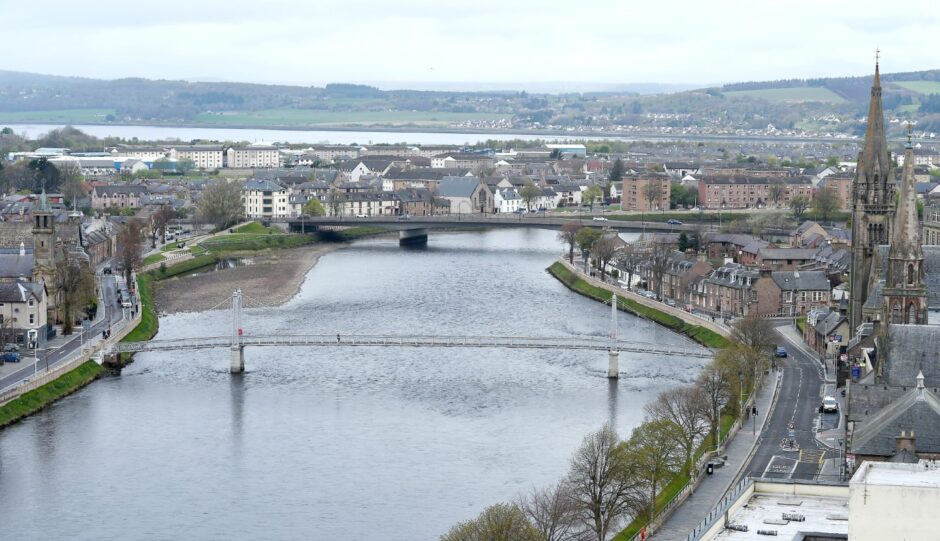
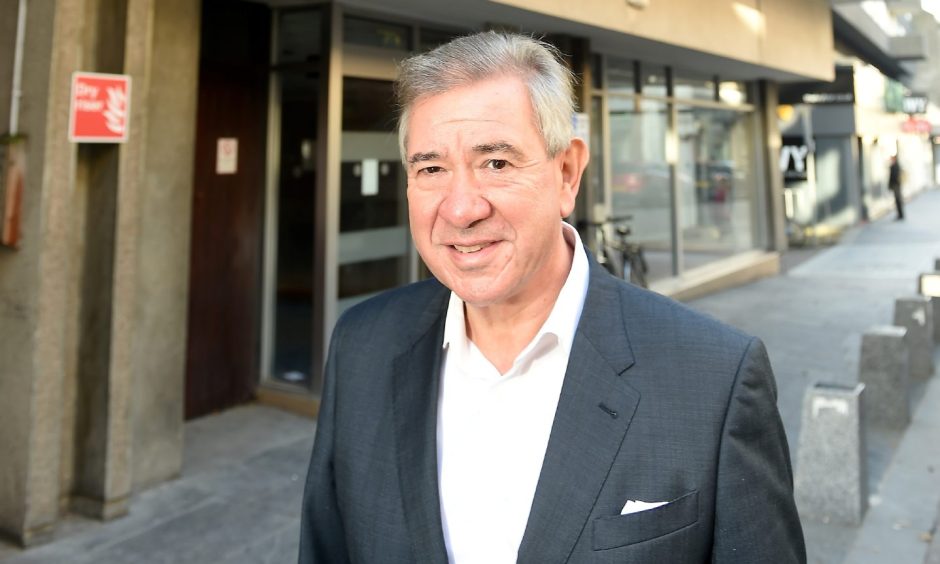
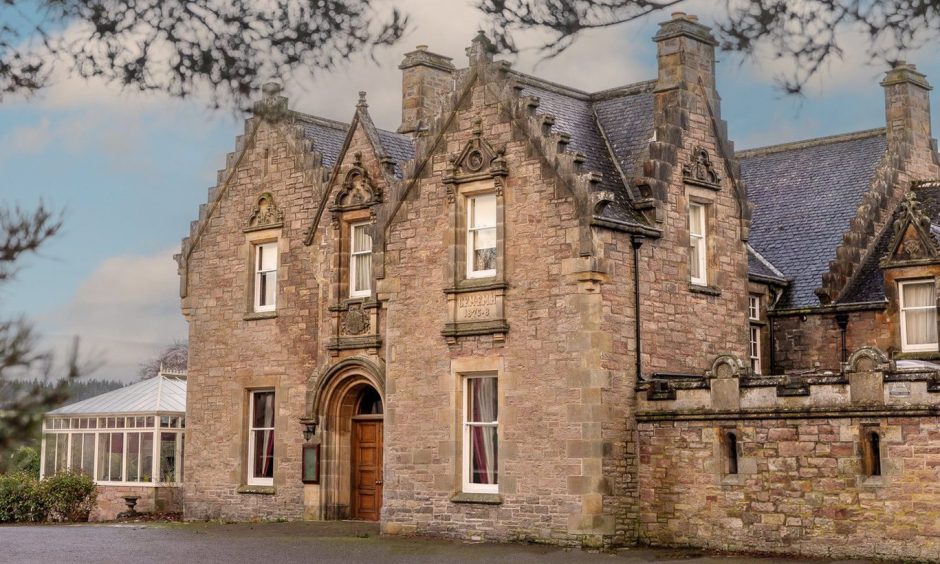
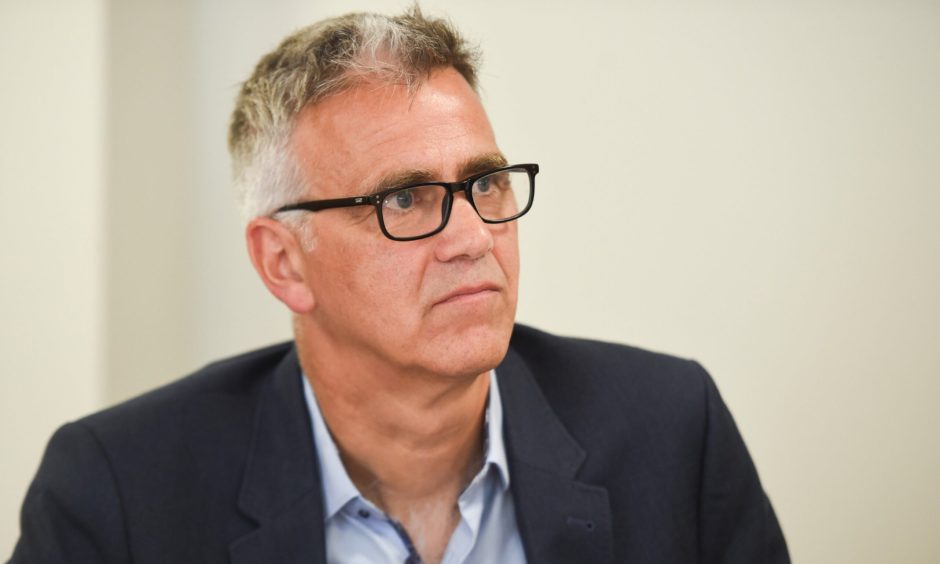
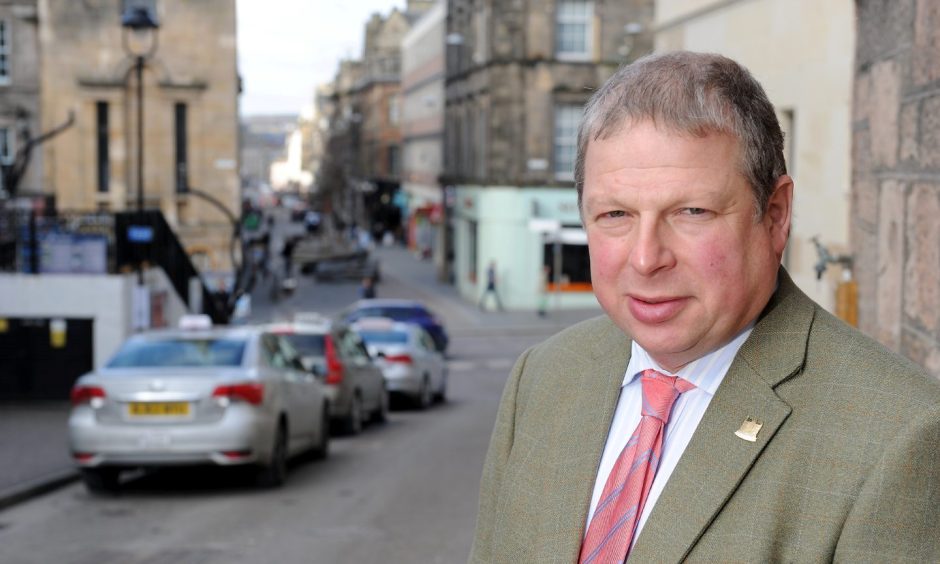
Conversation